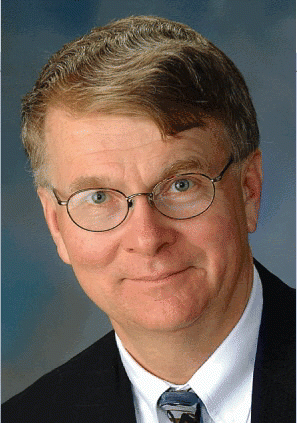With the all-consuming grind of seeing patients, it is often difficult for head and neck surgeons to sit back and ask some important questions: Just how well are we doing our jobs? Are our choices on how to approach medical problems based on good information? How do we get better? But with medicine advancing at such a fast clip, it might be more important than ever to make such assessments.
Explore This Issue
November 2009Some head and neck surgeons are asking these tough questions. And this look in the mirror has not been done without some wincing.
The level of research is poor in many areas, leaving the right approach to many medical problems in doubt. At M. D. Anderson Cancer Center in Houston, a close look at performance and quality indicators has found some room for improvement. And the M. D. Anderson system might provide a good framework for other institutions to follow.
Adding to the urgency is the specter of medical reform and the likelihood that if the surgeons themselves don’t make sweeping changes to the system, it will be done for them-by politicians-and probably won’t be done very well.
Leading surgeons took on these questions in a discussion at the annual meeting of the American Head and Neck Society, part of the Combined Otolaryngology Spring Meeting. They hoped that the issues they raised would be taken up more broadly by the head and neck surgery community as a whole.
 The challenge is to remain committed to our core values. Obviously that includes leadership, presentations, and publications. But the reality is that it all starts with discovery, because discovery is what allows us to take translational issues to the clinic and learn how to better care for our patients.
The challenge is to remain committed to our core values. Obviously that includes leadership, presentations, and publications. But the reality is that it all starts with discovery, because discovery is what allows us to take translational issues to the clinic and learn how to better care for our patients.-Jonas T. Johnson, MD
Keeping Up with Change
Jonas T. Johnson, MD, Chairman of the Department of Otolaryngology at the University of Pittsburgh School of Medicine, noted that medical advancement has an obvious upside-but there is also a downside. The problem is that you have to keep up, he said.
He used a quote by Carl Snyderman, MD, to sum it up: Everything I do today I have learned in the past five years.
It’s an immense responsibility for all of us to keep up with the changes in medicine, Dr. Johnson said. In fact, this is not a new observation. It’s been suggested that the half-life of truth in medicine might be 45 years. I’m going to guess that with the rapid expanse of new information, it might be far shorter than that.
Leave a Reply